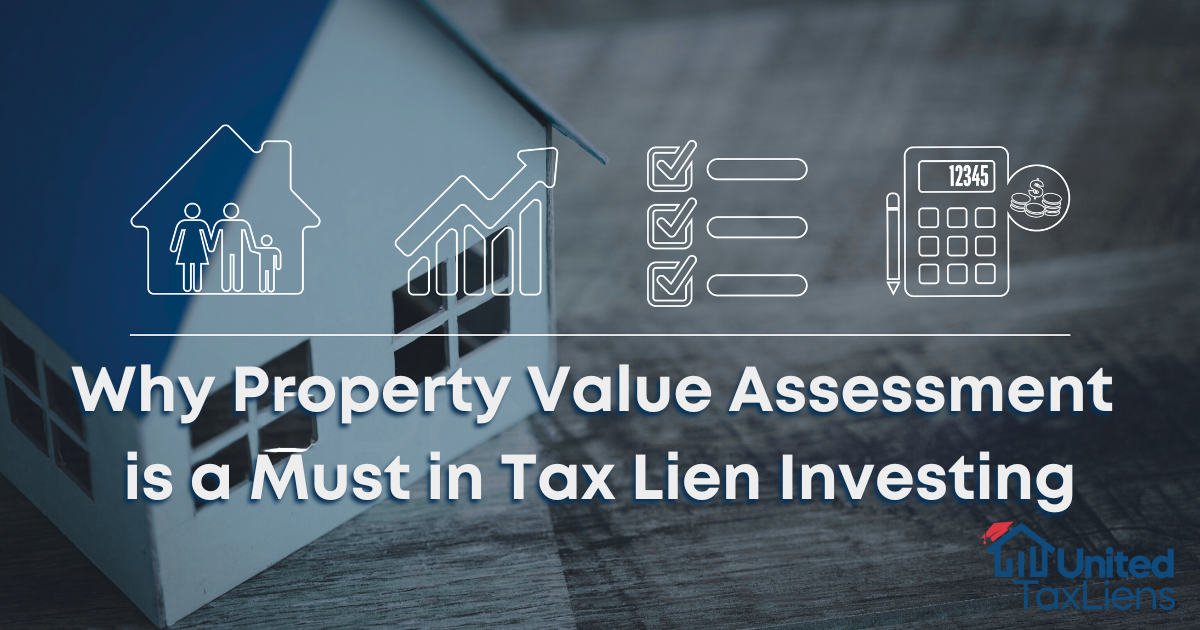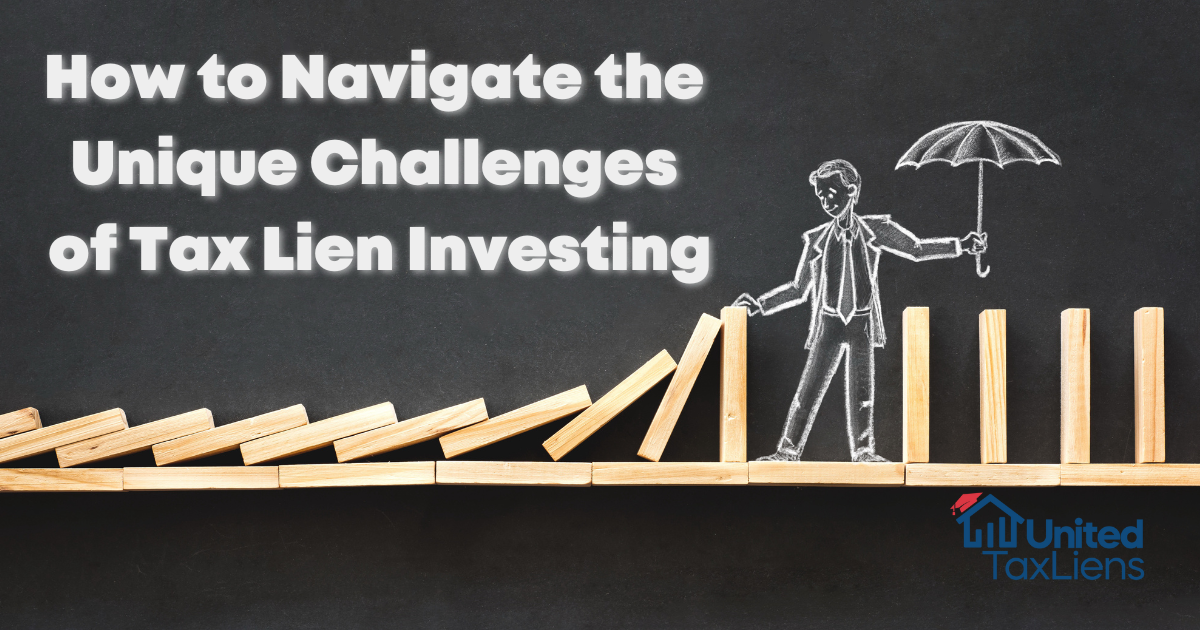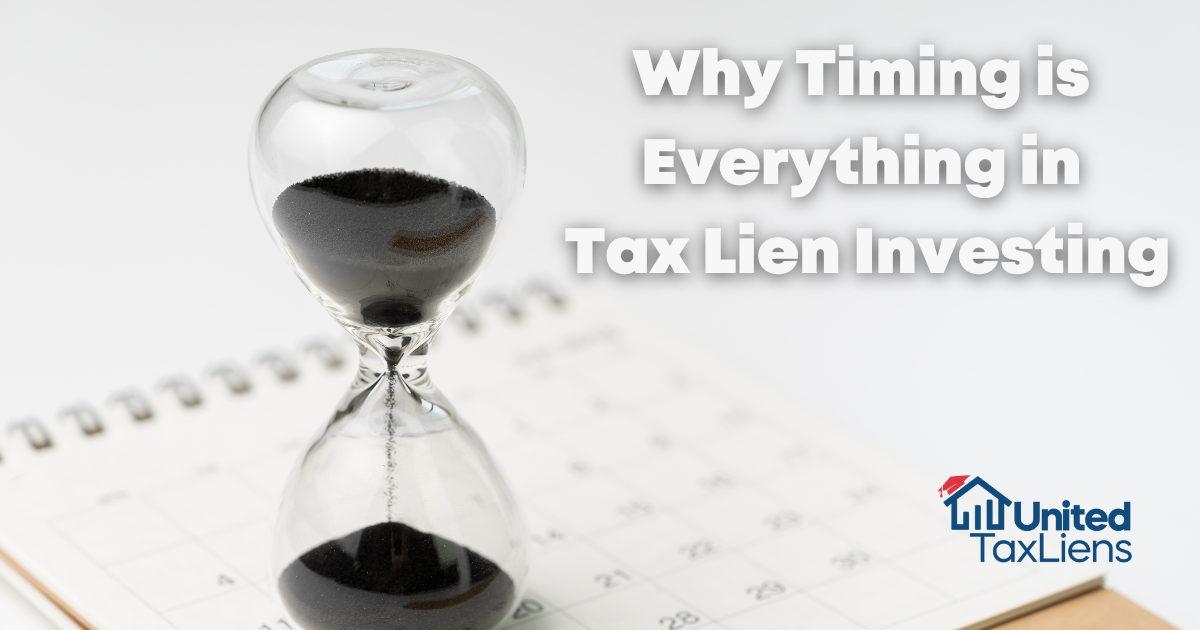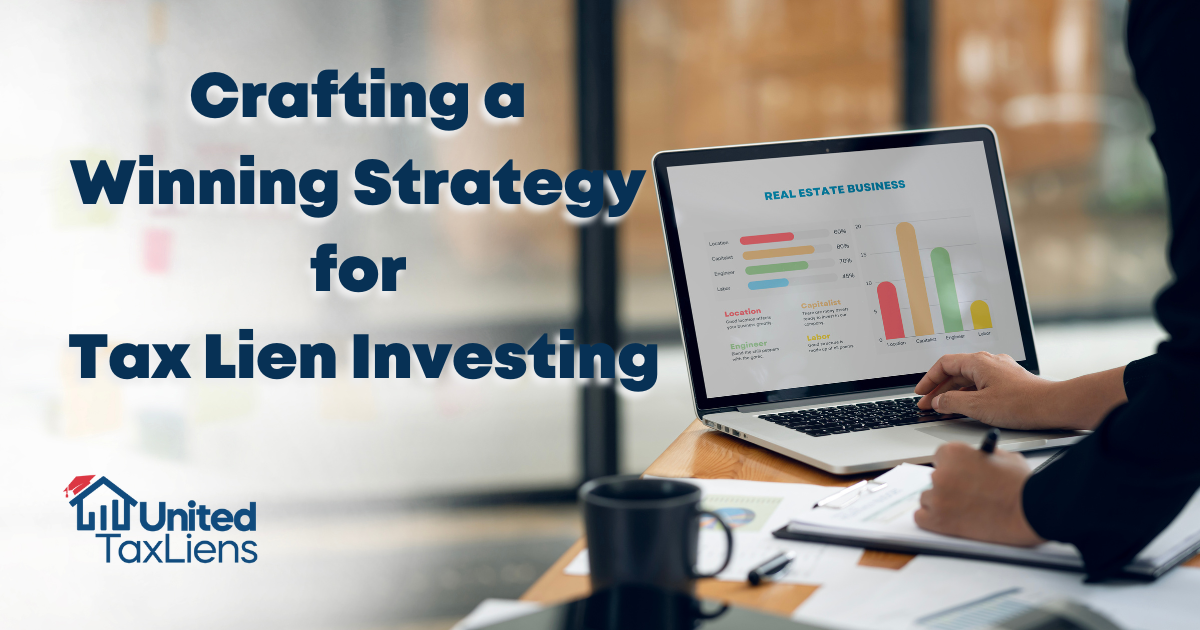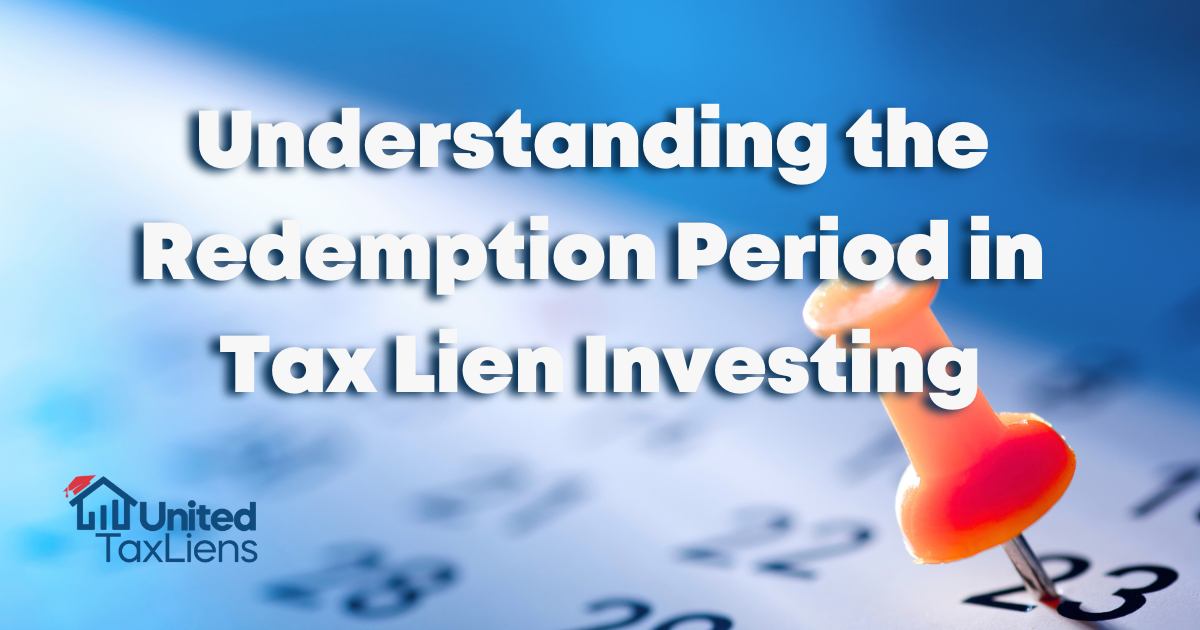
Becoming an expert in tax lien investing isn’t something that happens overnight. It’s a journey that involves continuous learning, hands-on experience, and a strong commitment to staying ahead of the curve in a dynamic field. The landscape of tax lien investing is complex, with ever-evolving laws, fluctuating market conditions, and a host of variables that can impact your strategy. So, what does it really take to develop expertise?
To start, it’s essential to embrace continuous learning. This isn’t a one-and-done kind of industry—rules change, new investment techniques emerge, and the economic factors influencing property values shift constantly. Staying informed is a must if you want to make educated decisions. Whether it’s attending industry seminars, reading up on the latest real estate trends, or keeping an eye on changes in tax regulations, being a student of the market keeps your knowledge fresh and relevant.
Another critical component is having a solid legal understanding. Tax lien investing is packed with legal nuances that vary widely by location. Knowing the ins and outs of local tax laws, the foreclosure process, and compliance requirements can prevent costly mistakes and ensure you’re navigating the landscape correctly. Those who master the legal aspects tend to move through the complexities of tax lien ownership with a lot more confidence.
It’s not just about understanding the law, though. You need to be keenly aware of market conditions. Understanding what’s happening in local real estate markets is key to making smart investments. Are property values rising or falling? Is there strong demand in the area? What’s the economic outlook? Having your finger on the pulse of these factors allows you to refine your strategies and seize opportunities others might miss.
With this comes the need for solid risk management skills. The best investors know how to balance potential rewards against the risks they’re taking on. They’re able to evaluate a property’s condition, predict how the market might fluctuate, and consider scenarios where a lien might not be redeemed. These skills help protect your investments and ensure you’re prepared for the unexpected.
But you don’t build expertise in isolation. Networking within the tax lien investing community is invaluable. Connecting with fellow investors, legal experts, and local authorities offers insights that go beyond what you’ll find in books or online. Exchanging experiences, discussing strategies, and even partnering on deals can accelerate your growth and expand your perspective on the market.
Expertise also means having a mastery of due diligence. This goes beyond the surface-level research. You need to dig deep—analyzing property histories, assessing the true market value, and looking into potential red flags that might not be immediately obvious. Those who excel in due diligence are the ones who consistently find the best deals and avoid costly surprises.
Part of being an expert is also about adaptability. Markets don’t stand still, and neither should your strategy. Successful investors know when to pivot, when to hold steady, and when to take advantage of a shifting landscape. They’re comfortable making adjustments based on new information, which allows them to stay one step ahead of the competition.
Financial acumen is another cornerstone. Managing budgets effectively, understanding the financial implications of different investment choices, and knowing how to optimize returns are skills that separate good investors from great ones. Financial expertise helps you see the bigger picture and make decisions that align with both your short-term and long-term goals.
But let’s not forget the importance of communication skills. Investing isn’t just about numbers and research—it’s also about people. Whether you’re negotiating with property owners, collaborating with other investors, or consulting with legal professionals, clear and effective communication is crucial. It can be the difference between a smooth resolution and a deal falling apart.
And finally, even the most experienced investors know the value of seeking professional advice when needed. Sometimes, bringing in a legal expert or a seasoned mentor can provide clarity and direction that you wouldn’t have reached on your own. Tapping into the knowledge of others doesn’t undermine your expertise—it enhances it by giving you access to perspectives and strategies you might not have considered.
In the end, becoming an expert in tax lien investing is about more than just acquiring knowledge—it’s about using that knowledge strategically. It’s about constantly refining your approach, learning from every experience, and building a network that supports your growth. Those who commit to this ongoing journey, who are willing to adapt and seek out new information, are the ones who will thrive in the competitive world of tax lien investing.
This blog is for informational purposes only and should not be relied upon as financial or investment advice. Real estate investing carries risks, and individual results will vary. Always consult with your team of professionals before making investment decisions. The authors and distributors of this material are not liable for any losses or damages that may occur as a result of relying on this information.

